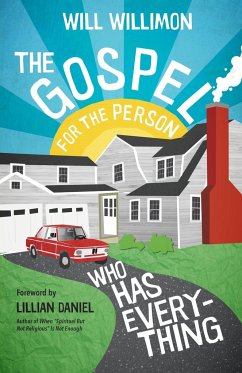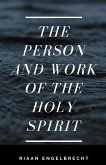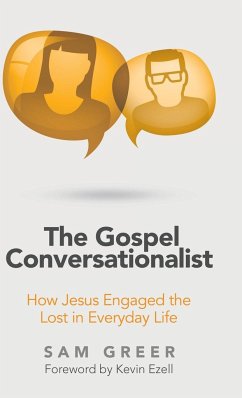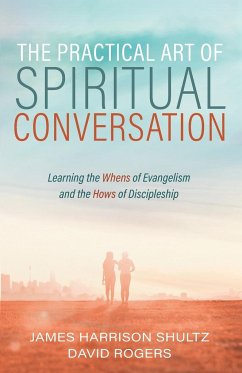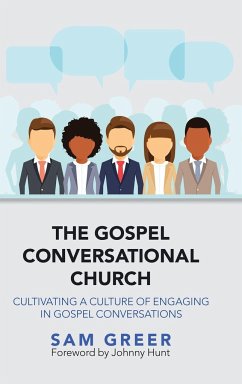Secure, content, competent, reasonably happy and fulfilled, such persons of strength go their own way without any apparent discomfort at having missed the benefits of the Christian faith. . . . What do you say to the person who says, through his or her neglect of the faith, "Thanks, but I don't need it"? --from the book Bishop William Willimon brings the Gospel of Jesus Christ to life for the person who has everything - happy, fulfilled human beings, who don't feel the same level of need expressed by the downcast, the outcast, the brokenhearted, and the miserable. Willimon says that the church's message to the wretched and sad must not exclude the strong and the joyous. In nine concise, inspired chapters, he discusses these ideas: - Must one be sad, depressed, wallowing in sin and degradation, immature, and childishly dependent in order truly to hear the Good News? (See chapters 1 and 2.) - "What do we say to the strong?" (See chapters 3 and 4.) - Speaking to the strong and to the people who are weak and want to be stronger: a particular kind of evangelistic message. They have their sins, but these sins are not the sins of the weak (chapter 5). - Worship which takes God's strong love seriously (chapter 6) - Ethics which arise out of our response to that love (chapter 7) - Church as a place of continual growth and widening responsibility (chapters 8 and 9)
Hinweis: Dieser Artikel kann nur an eine deutsche Lieferadresse ausgeliefert werden.
Hinweis: Dieser Artikel kann nur an eine deutsche Lieferadresse ausgeliefert werden.

